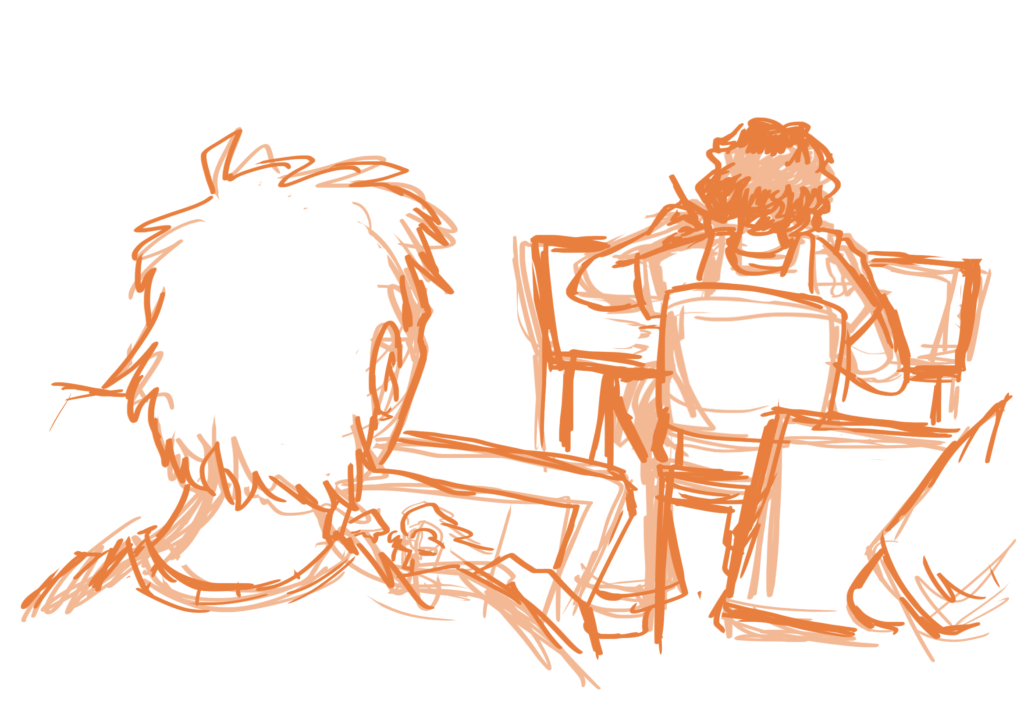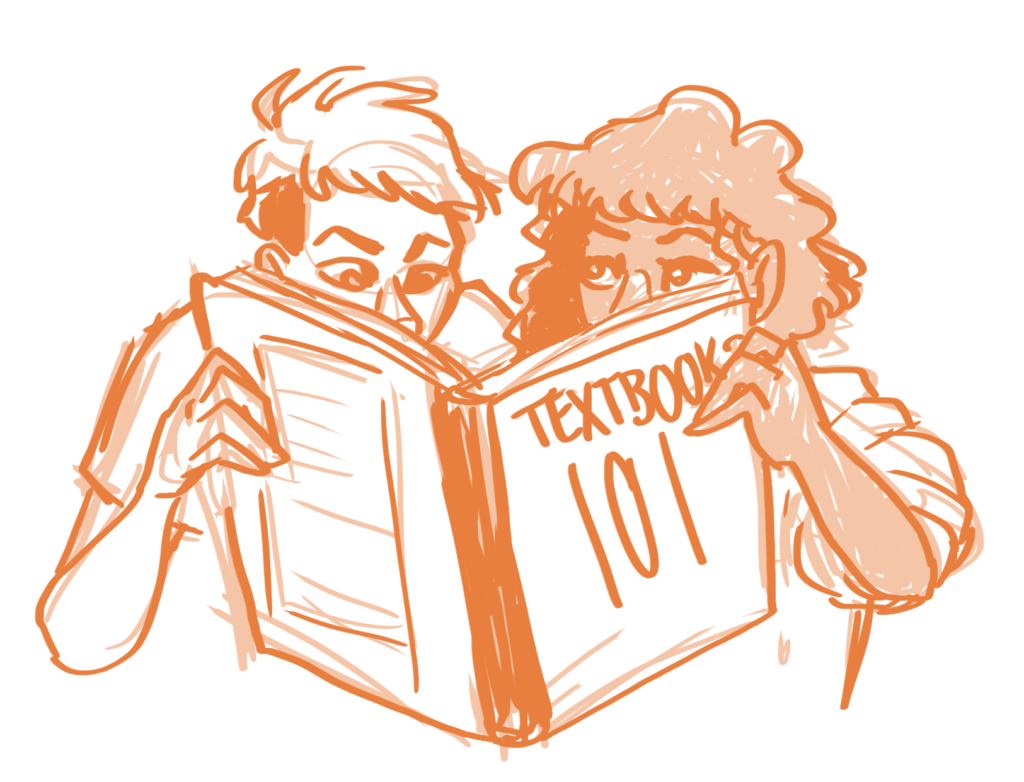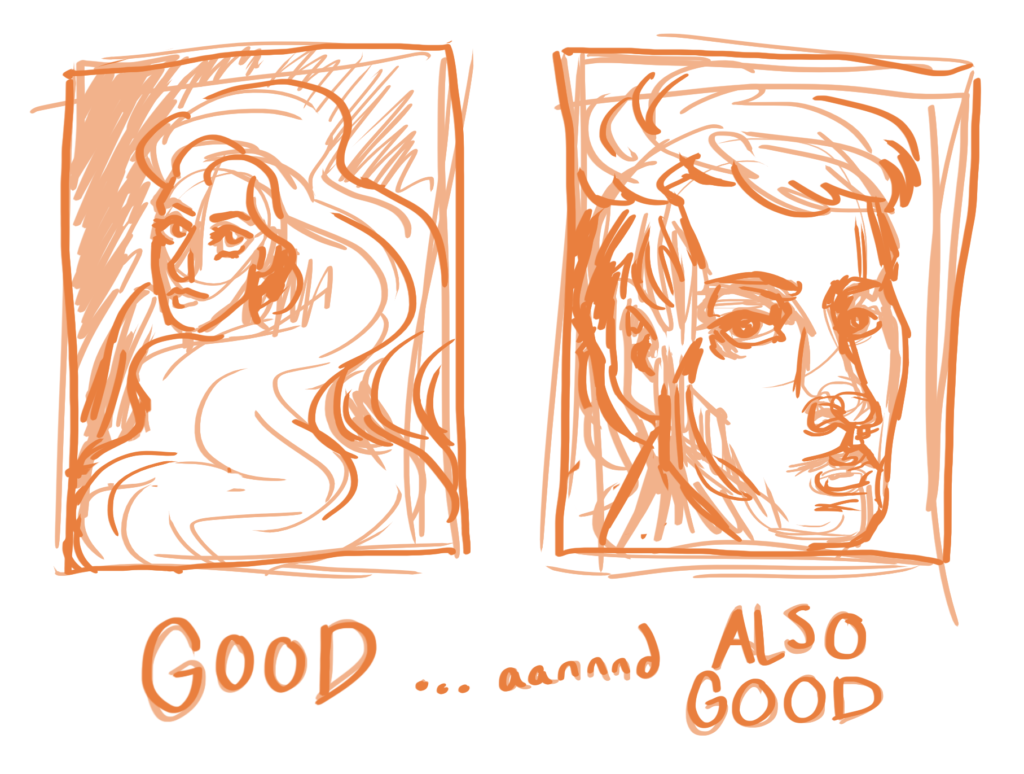One of the consequences of being raised as a Golden Child is the need to overachieve. Connecting people’s love and praise to your achievements makes you addicted to them; thus, one milestone isn’t enough. Accomplishing more makes the love received feel constant, transforming it into a vicious cycle. Besides the unwavering need to prove ourselves to others, high-achieving individuals often share another issue.
The Imposter Syndrome creeps in after every success, making us doubt if we truly deserve the love and recognition we earned. Slowly, we overachievers tend to become self-deprecating folks who mask their insecurities as humility. Our achievements are never rewarding enough. Since childhood, I developed the habit of downplaying my accomplishments, especially those related to academics. The awards I received were insignificant compared to those I didn’t get. To me, my winnings were unimpressive, yet my losses were defining because they proved that I was a fraud.

As an adult and a college student, the Imposter Syndrome became so loud that I sought help. My therapist taught me tools to silence the self-loathing voice in my head; it is still there, but it is just a muffled sound now. Basically, any negative thought that creeps in after an accomplishment must be fought back by its opposite. For example, after winning four consecutive college English awards for my writing, my mind thought, “Perhaps, only three students were participating. That is the only way I could have won.” To defend myself (from myself), I had to force a different thought, which was something like, “In the unlikely event that only three students submitted, I was still the best of three. That’s awesome.” I didn’t necessarily believe the second thought, but manufacturing it made the first one less loud, less present, and definitely less important. It doesn’t always work, but when it does, it lets me enjoy my achievements some more.
What has been proven more challenging is handling failure. When your perception of self-value is correlated with your wins, the losses become difficult to digest. The “humbling” thoughts you work so hard to silence when the Imposter Syndrome kicks in become as loud and untamed as children’s screams. Just like that, you can neither enjoy your accomplishments nor process your failures. As a result, you might be tempted not to try at all. If you don’t participate in this contest, apply for this scholarship, or try to enter this program, you would not risk the chance to lose and feel unnerving thoughts forming. It is so easy to be paralyzed by them, so much so that you won’t even try to achieve things again. Being an overachiever is not the best for your mental health, but neither is being a quitter.

Practicing kindness and compassion towards myself is what has made failure bearable. When I win something and the Imposter Syndrome appears, I practice my internal dialogue; when I lose, I battle my defeating thoughts with encouraging ones. Once, I spent a whole semester writing a short story for a class and I was so happy with how it turned out that I submitted it to at least five contests for publication, getting rejected each time. My initial thoughts were that I should quit writing because I was simply not good enough; however, using the tools my therapist taught me, I fought myself back. I assured myself that the rejection could mean that my story needed more edits or simply that five judges didn’t find it special enough. “Five opinions don’t define my value as a writer,” I kept saying out loud until I believed it.
I won’t pretend to tell you that this technique will work with every overachiever out there. I intend to show how I fight back my Imposter Syndrome, so you know that it is possible. To my eyes, the line between being a high-achieving student and quitting is blurry, and easy to cross without even noticing it. The fear of failing and the inability to enjoy my success tempt me to stop aiming high, which is why I continue to harvest compassion. If you are an overachiever like myself, be aware of this syndrome, of the thoughts that try to push you down, and of the kindness you give to yourself. Seek support if you need to; we sometimes can’t do it all on our own.

By Roxanna Cardenas
Roxanna is a Venezuelan writer living in New York City. Her works include essays, poetry, screenplays, and short stories. She explores fiction and non-fiction genres, with a special interest in horror and sci-fi. She has an A.A. in Writing and Literature and is working on her B.A. in English with a Creative Writing concentration.
For over 20 years, the Campus Clipper has been offering awesome student discounts in NYC, from the East Side to Greenwich Village. Along with inspiration, the company offers students a special coupon booklet and the Official Student Guide, which encourages them to discover new places in the city and save money on food, clothing, and services.
At the Campus Clipper, not only do we help our interns learn new skills, make money, and create wonderful e-books, we give them a platform to teach others. Check our website for more student savings and watch our YouTube video showing off some of New York City’s finest students during the Welcome Week of 2015.




